The Advertising Standards Authority (ASA) has banned an eHarmony advert which claimed that the website has a ‘scientifically proven matching system’ to pair up people trawling through the Internet for ‘the one’.
The ad read ‘step aside, fate. It’s time science had a go at love’. It’s not hard to feel drawn in by this. Love is confusing, messy and unpredictable. It never looks quite how you thought it would look and it never does quite what you want it to do. Love, often, defies logic. As much as we try to apply reason to love deep down we all know that it can’t be explained in absolute terms.
In a world where the endless taxonomies of the web give us the impression that everything and everyone everywhere is accounted for, the fact that some things are still out of our control is not only daunting but increasingly hard to believe.
To these existential concerns, eHarmony’s advert whispered ‘imagine being able to stack the odds of finding lasting love entirely in your favour’. Just think about that. A quantifiable, scientific solution to a problem that people just like you have faced down since the dawn of time: finding a partner. Don’t worry, eHarmony were saying, we’ve got this because we can ‘decode the mystery of compatibility and chemistry so you don’t have to.’ ‘Why’ they went on to add would you be so daft as to ‘leave the most important search of your life to chance?’.
Chance! You twig on reading it, thinking to yourself ‘yeah! Why would I leave anything to chance. I am an idiot. This is why I am unhappy. This is why I’m lonely. It’s all chance’s fault. Screw you chance’. But here’s the thing, chance is possibility. We all have a chance in everything we do. There is a chance that you’ll get a promotion, and a possibility that you might not. There is a chance that you’ll win the lottery, and a bigger probability that you won’t. There is a chance that you’ll meet the love of your life the next time you go out with your mates, and a possibility that you won’t.
Lord Lipsey, the joint chairman of the All Party Parliamentary Group on Statistics and a former member of the ASA council received the initial complaint which resulted in this advert being banned. He described the language in it as ‘crude puffery designed to lure in those longing for love’ and went on to add ‘this is a new form of fake news which the ASA has rightly slapped down’.
One of eHarmony’s most successful marketing slogans has been to dub themselves the ‘brains behind the butterflies’. This too appeals. The feeling of butterflies is unsettling; you meet someone, your insides start falling over each other chaotically and there’s absolutely nothing you can do about it. Wouldn’t it be great if there was an algorithm to help you understand that? Perhaps but maybe, just maybe this strange and bewildering experience is important because you can’t predict it and, despite what eHarmony would want you to believe, science actually says there is not perfect formula for matching people.
MORE: What's the pill doing to your mental health? We Investigate...
Debrief Mad About The Pill Stats
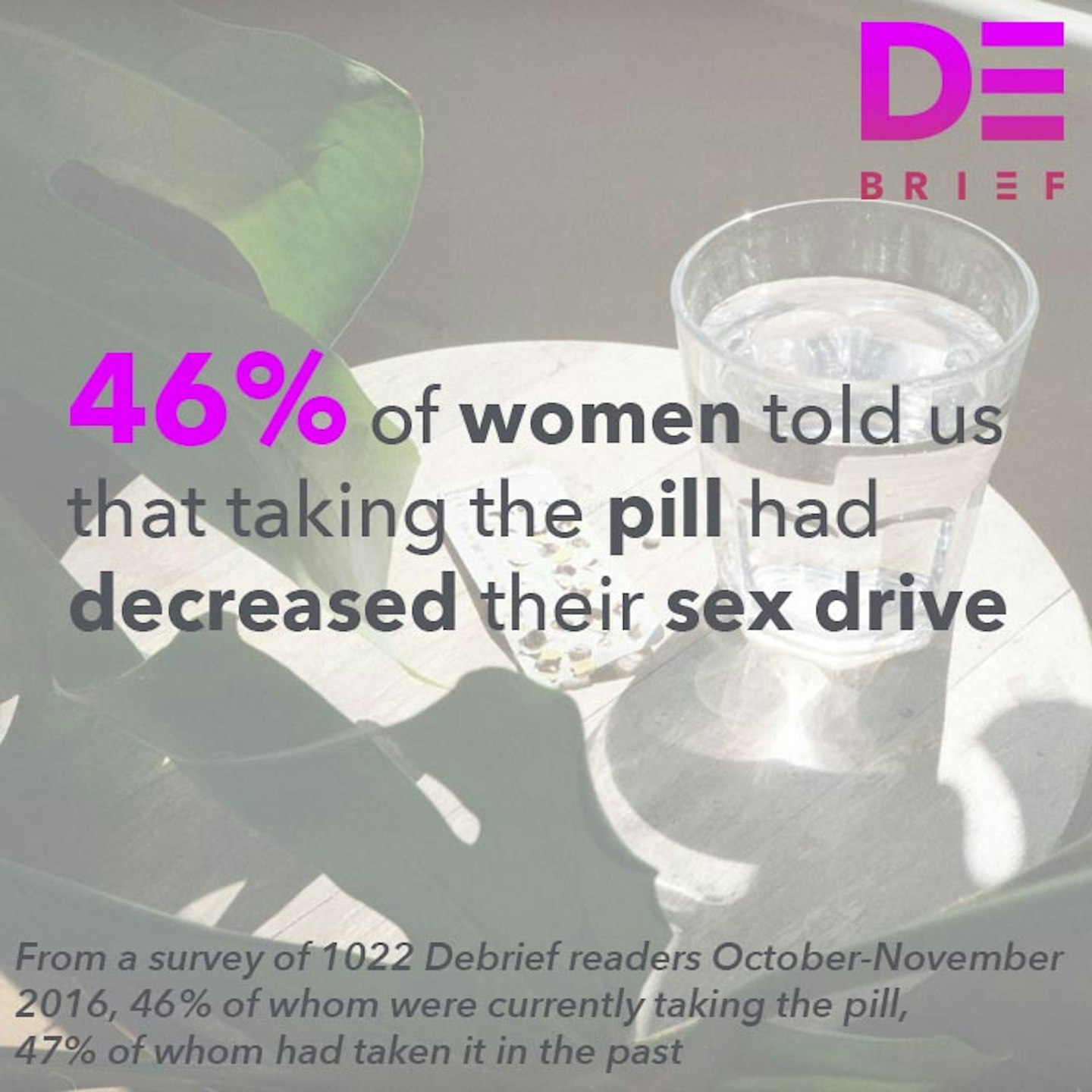 1 of 9
1 of 9Debrief Mad About The Pill Stats
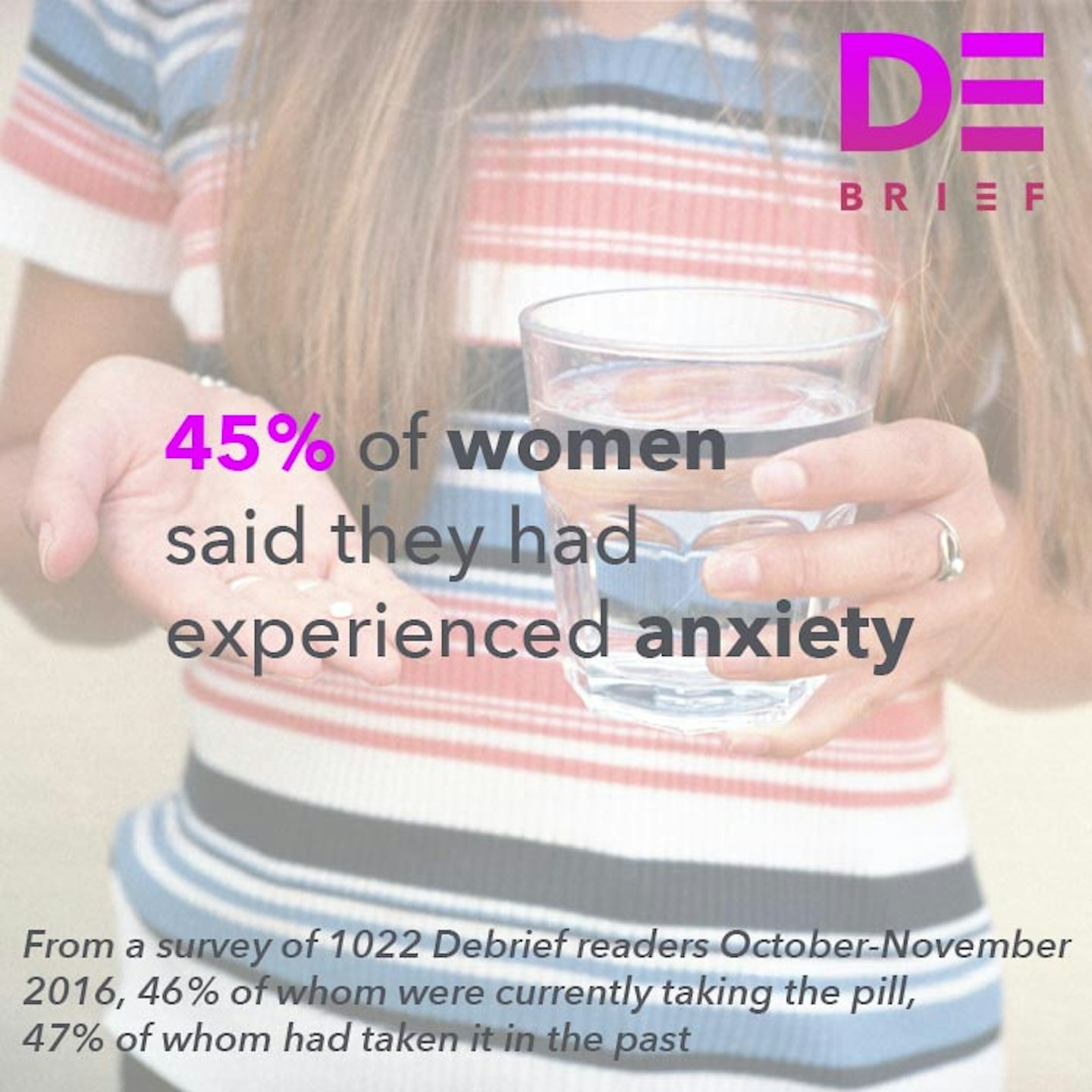 2 of 9
2 of 9Debrief Mad About The Pill Stats
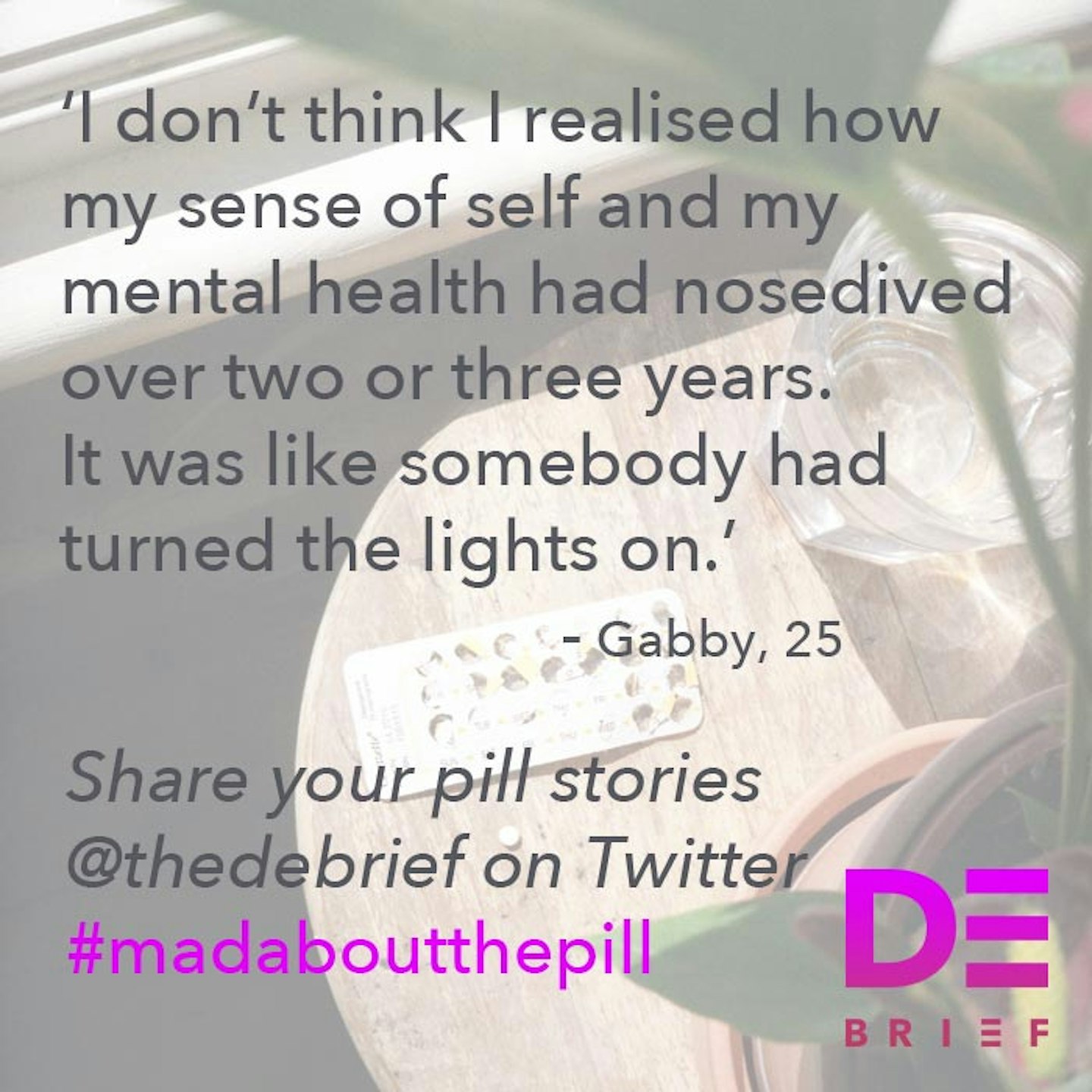 3 of 9
3 of 9Debrief Mad About The Pill Stats
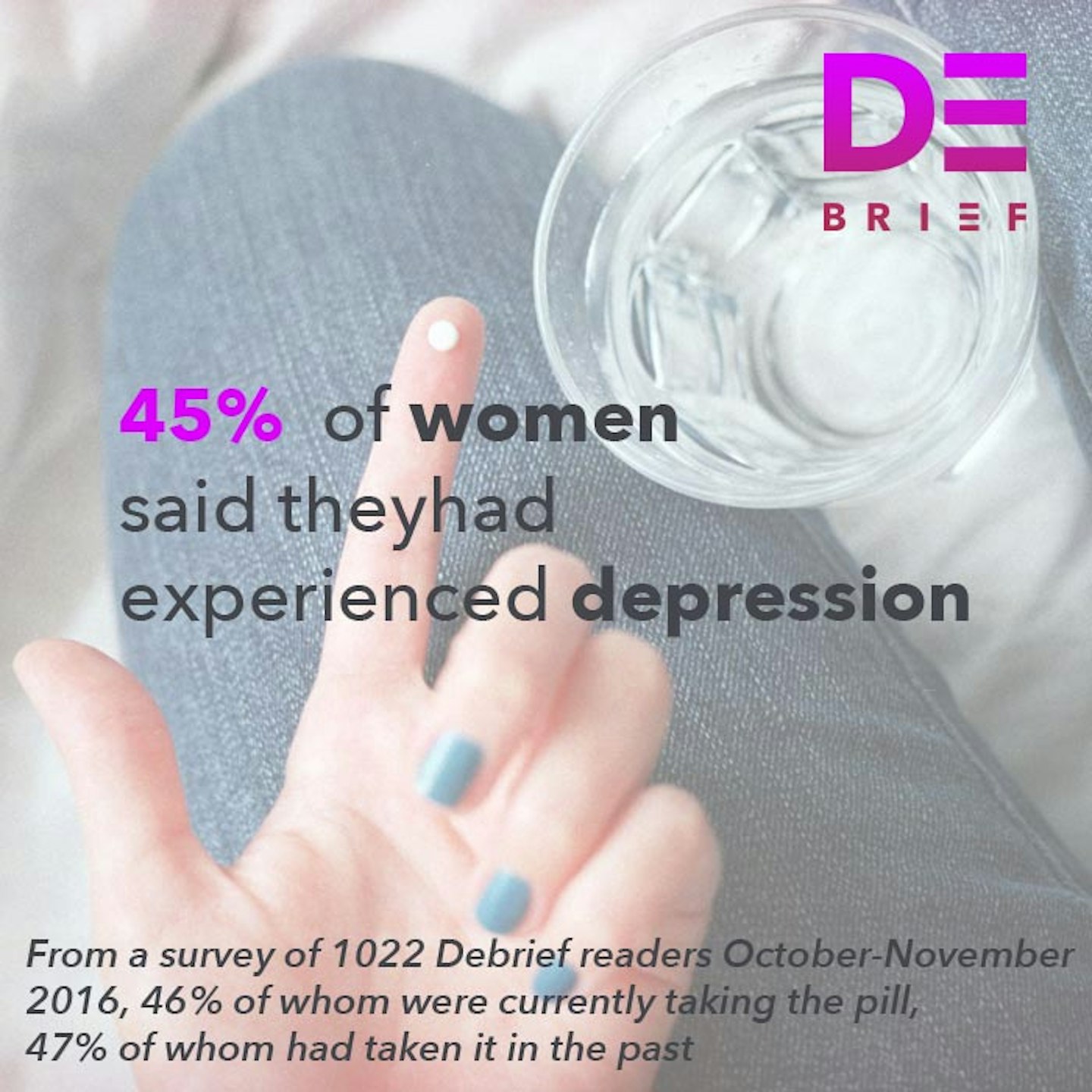 4 of 9
4 of 9Debrief Mad About The Pill Stats
 5 of 9
5 of 9Debrief Mad About The Pill Stats
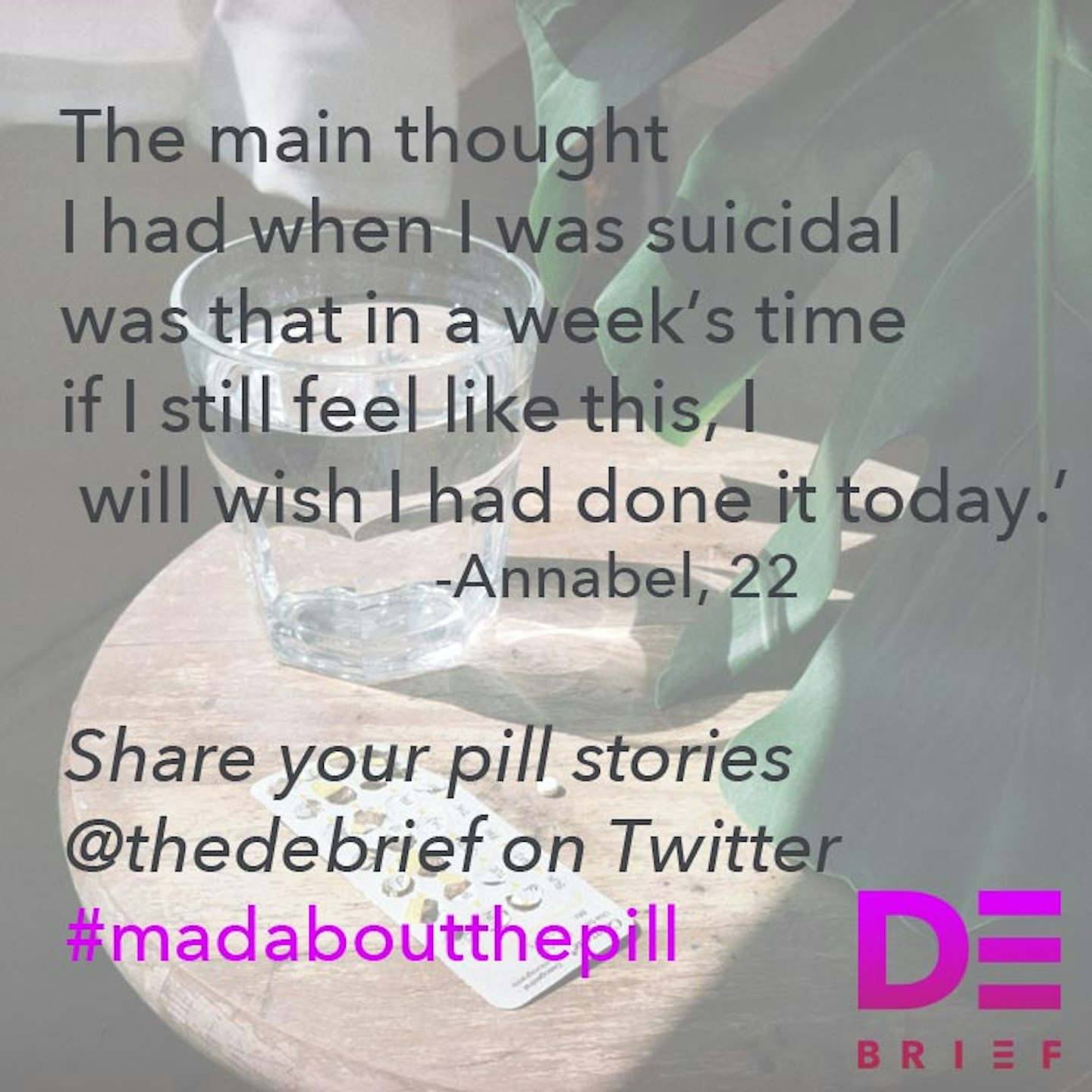 6 of 9
6 of 9Debrief Mad About The Pill Stats
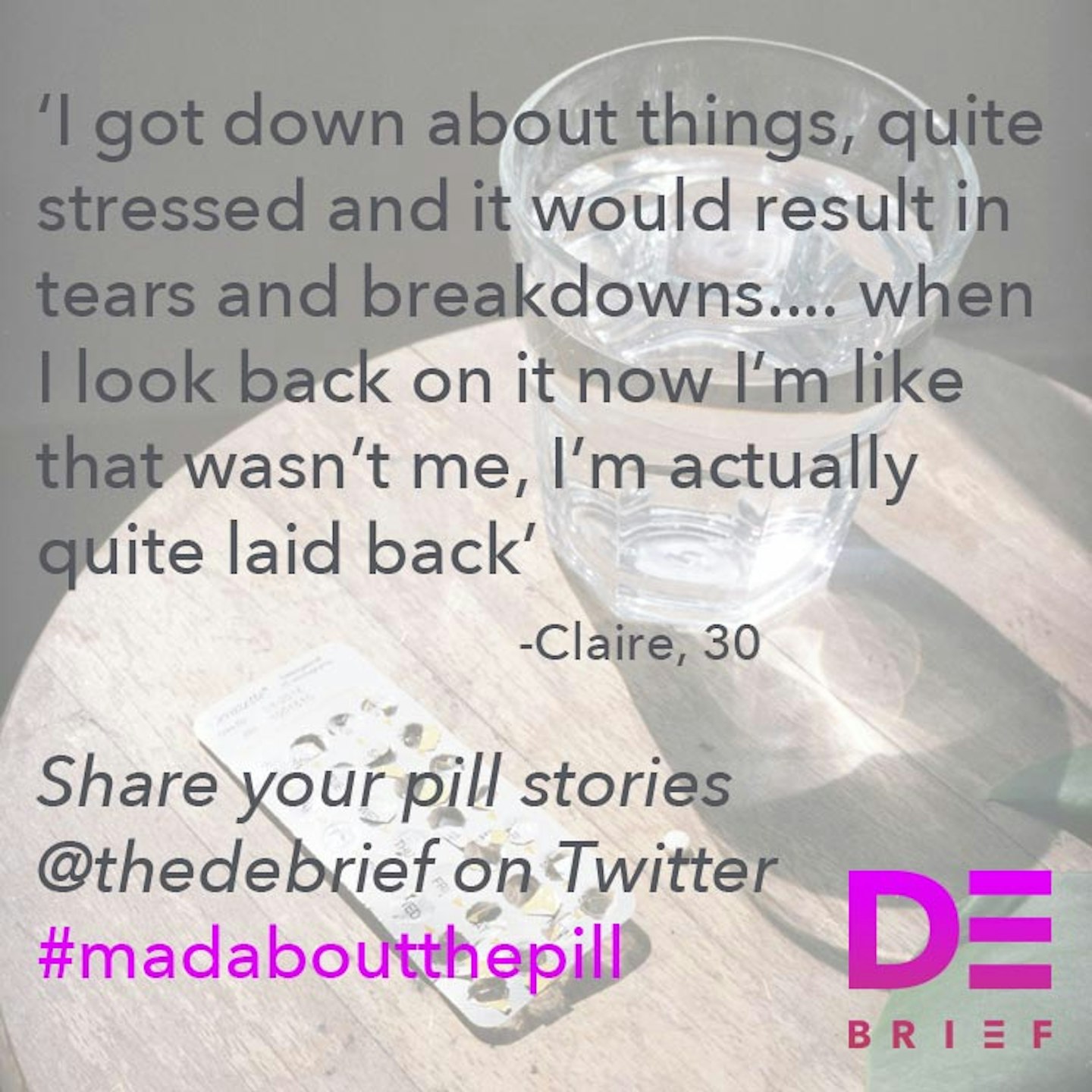 7 of 9
7 of 9Debrief Mad About The Pill Stats
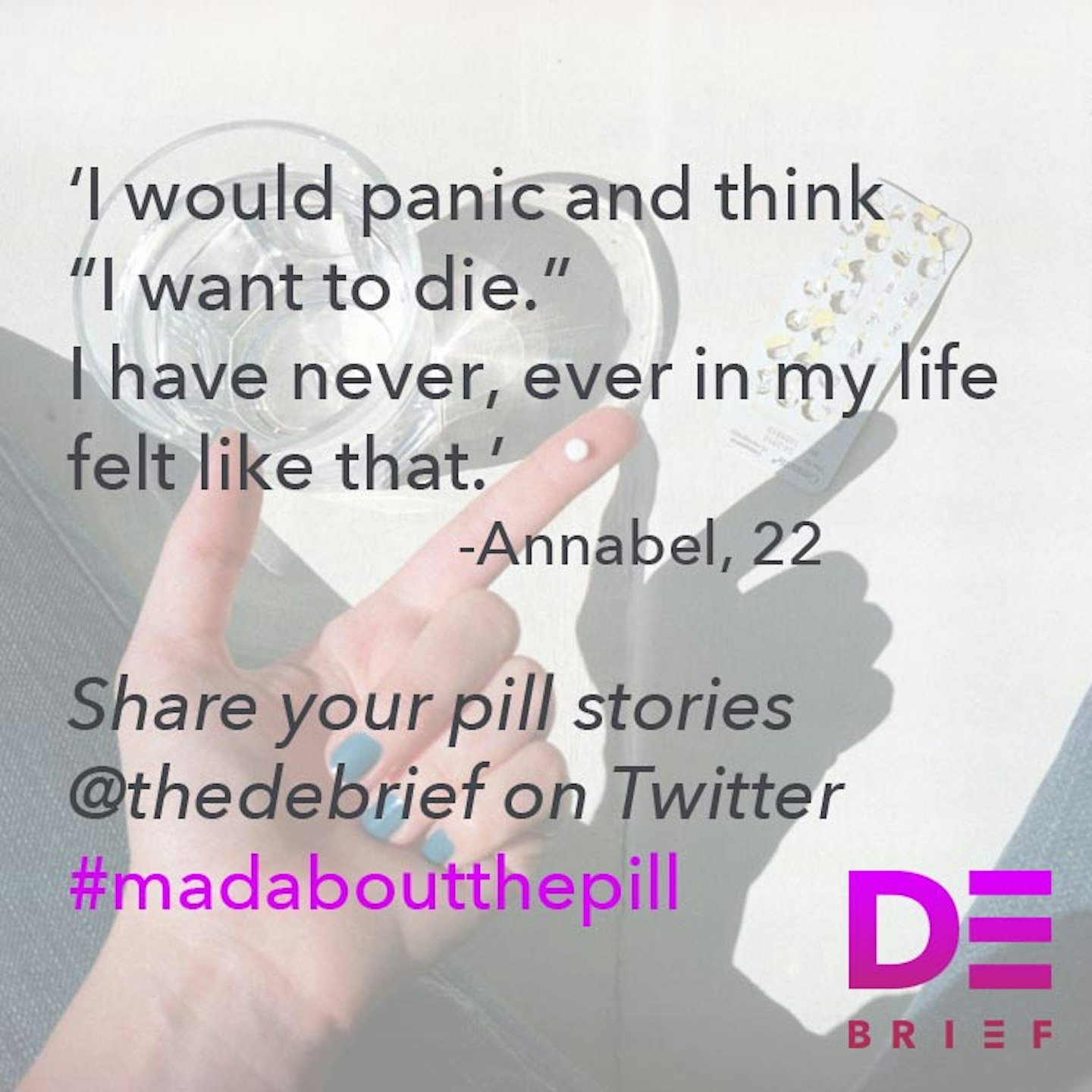 8 of 9
8 of 9Debrief Mad About The Pill Stats
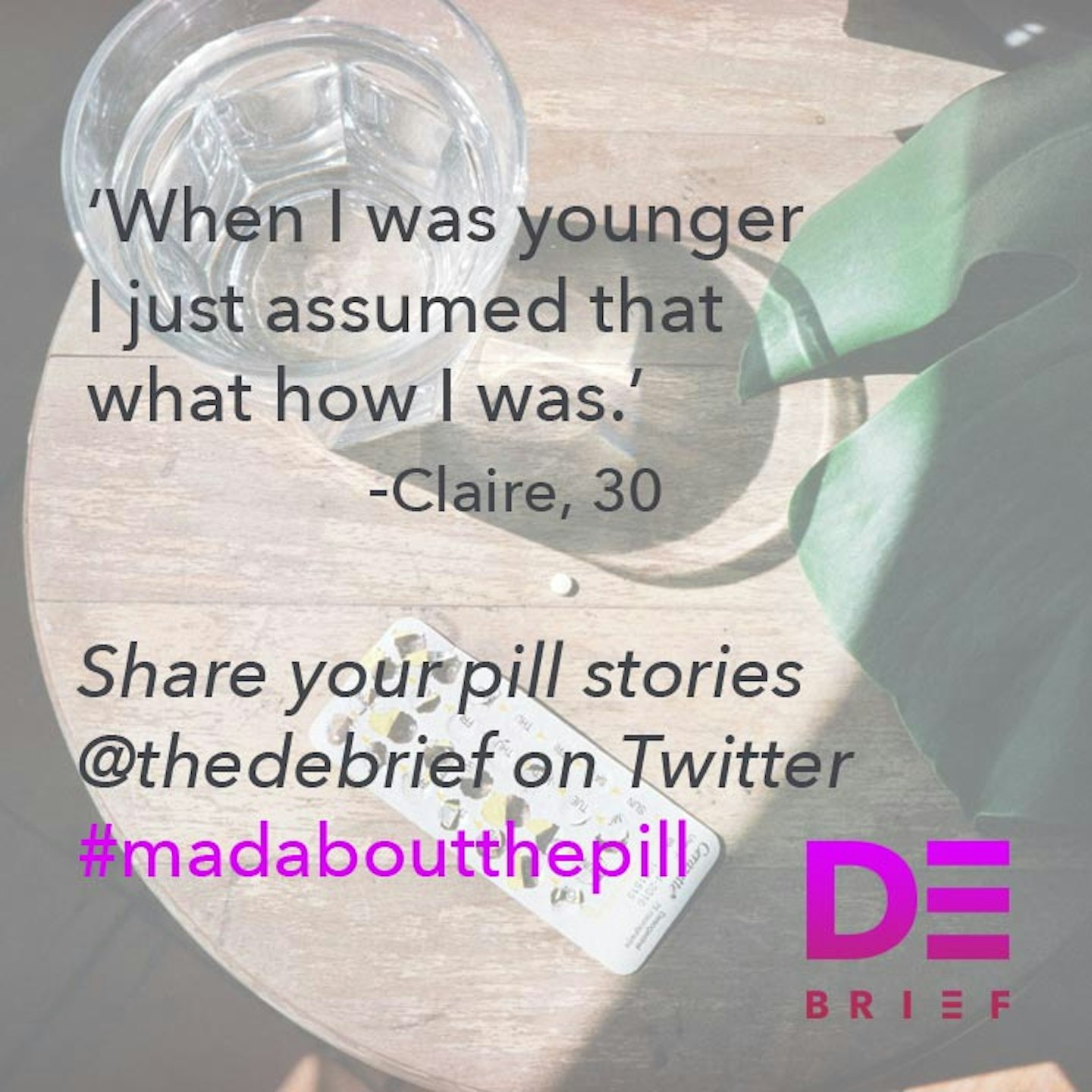 9 of 9
9 of 9Debrief Mad About The Pill Stats
A study conducted last year by researchers at the University of Utah set out to see if it was possible to predict attraction between two people based on matching character traits like extraversion, ambition, sense of humour, intelligence, political views or religion. They found that it just simply didn’t work. Professor Samantha Joel, who worked on the study, said ‘we found we cannot anticipate how much individuals will uniquely desire each other in a speed-dating context with any meaningful level of accuracy.’ She added ‘I thought that out of more than 100 predictors, we would be able to predict at least some portion of the variance. I didn’t expect we would find zero.’
Professor Joel, a scientist herself was surprised by the lack of reason she found when she tried to pin human attraction down and analyse it. The truth is that even endocrinologists who study the hormones involved in attraction will tell you that they still don’t really know how it works.
There’s something reassuring about the fact that, despite the best efforts of science, marketeers and companies looking to profit from our quest to find someone to share a good life with, some aspects of our existence refuse to be quantified and commodified.
In response to the ban eHarmony maintain that they were right to label their service as ‘scientifically proven’. The ASA responded by saying ‘because the evidence provided by eHarmony did not demonstrate that their matching system offered users a significantly greater chance of finding lasting love than what could be achieved if they didn't use the service, we concluded that the claim 'scientifically proven matching system' was misleading’.
Perhaps some people would take comfort in the idea that an algorithm could do for love and attraction what hundreds of thousands of years of human experience haven’t been able to do. But, by the same token, perhaps the banning of this advert is a reminder that possibility is what makes life interesting. It also leaves space between us and the world and, in that space, anything can happen. Is it possible that we’ve become so used to google and Facebook telling us what we need based on what they know we’ve already liked that we forgot to ask what it is we actually want?
WATCH NOW: The Debrief Investigates Hormonal Contraception and Mental Health
Attraction is, to some extent a chemical reaction. Our hormones respond to the hormones of another person, our brains click into action and our bodies tell us what feels right and wrong. The love that results from that initial reaction, however, is also similar to other natural phenomena like an earthquake or a storm. You might be able to see it coming over the horizon but you don’t really know what effect it will have until it actually hits.
We might never be able to decode and distill the nature of attraction, that’s a very strong possibility. And so, when it comes to love, I don’t know about you, but I’m far more inclined to put my faith in the messiness and unpredictability of human feeling than I am in anyone’s algorithm. Go forth and see what happens when you embrace the chaos and step away from your screens in the search for love
This article originally appeared on The Debrief.
